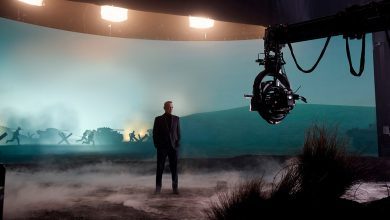Pee-wee and Me: Why a Gay Man Felt at Home Watching Pee-wee’s Playhouse
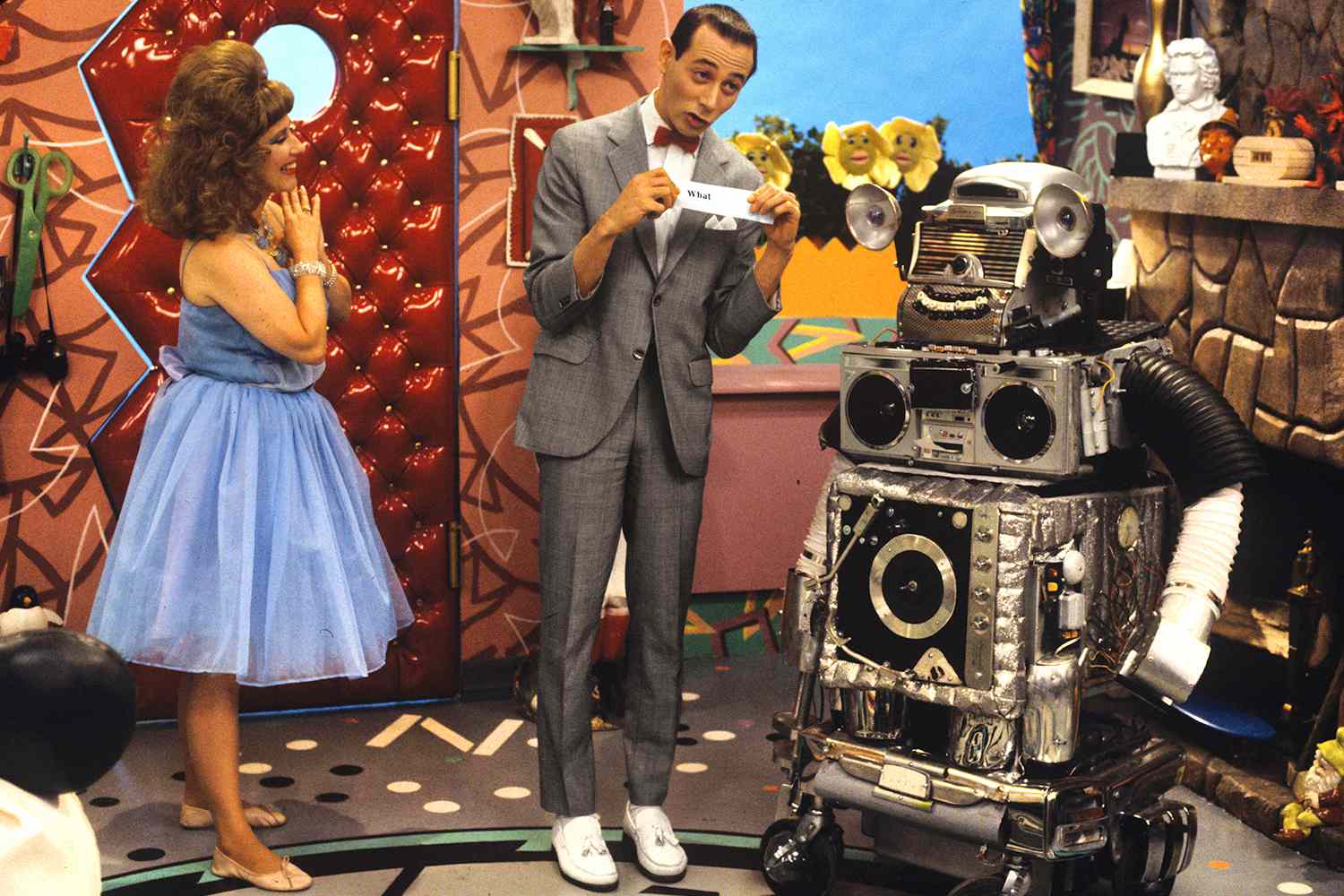
To love Pee-Herman was a wonderful thing, a silly and liberating thing.
I’m not speaking as someone who as a child watched Pee-wee’s Playhouse — someone, you might imagine, like Greg, the boy who loved to sew on Curb Your Enthusiasm — but as an adult gay man who’d organize his Saturday mornings around watching the latest episode. In those days before streaming, I was known to miss trains out of town because it meant more to me to stay home and watch Pee-wee Herman (Paul Reubens) announce the arrival of Miss Yvonne (Lynne Marie Stewart), routinely described as “the most beautiful woman in Puppet Land.”
Miss Yvonne, actually, looked like a girl who’d gotten lost on her way to the prom a few decades earlier and finally turned up, her taffeta slightly the worse for wear but her head full of dreams that she’d been crowned. Her delusion was what made her beautiful. She floated around the Playhouse like a fairy godmother — and, yes, I use “fairy” intentionally. Let’s throw caution to the winds.
In the new HBO documentary Pee-wee as Himself, Reubens, who died in 2023 and revealed he was gay in the documentary, discusses how he’d carefully kept his sexuality hidden for decades. To be out, he said, would have ended his career, at least as a children’s personality. (That proved to be true when he was arrested at an adult-movie theater in 1991.) But it was always obvious to anyone who was gay that Reubens was too: He had a sensibility similar to that of director John Waters (Polyester, Hairspray): campy, blithely sunny and somehow fundamentally innocent (but without Waters’ gleeful enthusiasm for shock and trash).
And what about Reubens’ celebrated creation? Yes, Pee-wee was gay. Wasn’t he? Yes, of course Pee-wee was gay.
I don’t mean that this hand-flapping man-child in a too-small gray suit could ever be imagined having sex, or thinking about it, let alone dating Cowboy Curtis (Laurence Fishburne), Tito the pool boy or even Miss Yvonne. (Pee-wee did get married, in one episode — to a fruit salad.) The character perhaps was conceived in some deep, pre-sexual level of Reubens’ unconscious brain — a child’s brain — where gender and sexual orientation playfully swirled around each other, like vanilla and chocolate ice cream in a cone. And maybe there’s significance in the character’s name: “Pee-wee,” indicating something or someone very small or young, and “Herman,” an ambiguous compound of feminine (“her”) and masculine (“man).” I’m not a psychologist, so my vocabulary here is imprecise — maybe a student of Melanie Klein could figure it all out.
On the other hand, I don’t think that there was anything sexually confusing or confused about Pee-wee, either. (If you want real confusion, watch Sam Rockwell’s big scene on White Lotus.) As performed by Reubens, Pee-wee was a wholly integrated personality.
Which is why, having perhaps slightly muddled my argument, I reiterate that Pee-wee, at least the one who lived in the Playhouse, was gay.
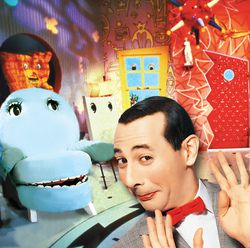
The show, which ran from 1986 to 1991, was rife, and knowingly so, with what we nowadays call gay or queer signifiers — you couldn’t miss them. Randy the puppet looked like a rough-trade Howdy Doody. Pteri the Pterodactyl, anxious and neurotic with a preeningly theatrical voice, wasn’t far removed from one of Samantha Stephens’ flustered aunts on Bewitched (another show that can be mined endlessly for gay subtext). I believe I already mentioned Tito the pool boy, (What children’s show ever featured a pool boy?) And there was Jambi the genie (Paul Paragon), a turbaned, disembodied head radiating light. It’s harder to pinpoint why Jambi was gay, exactly — except to say that if he’d had hands, he’d be folding sweaters.
Pee-wee’s Playhouse was basically a children’s show that could have been written by Oscar Wilde, author of The Importance of Being Earnest. (“Earnest,” by the way, was a euphemism for “homosexual” in Victorian England.)
I think if I’d seen Playhouse as a boy — in other words, when I was still part of the audience it was intended for — I might have been drawn to the gay subtext without understanding it. For a gay man, though, the winks were an instantly comprehended form of cultural code, something like gaydar reconstituted as humor.
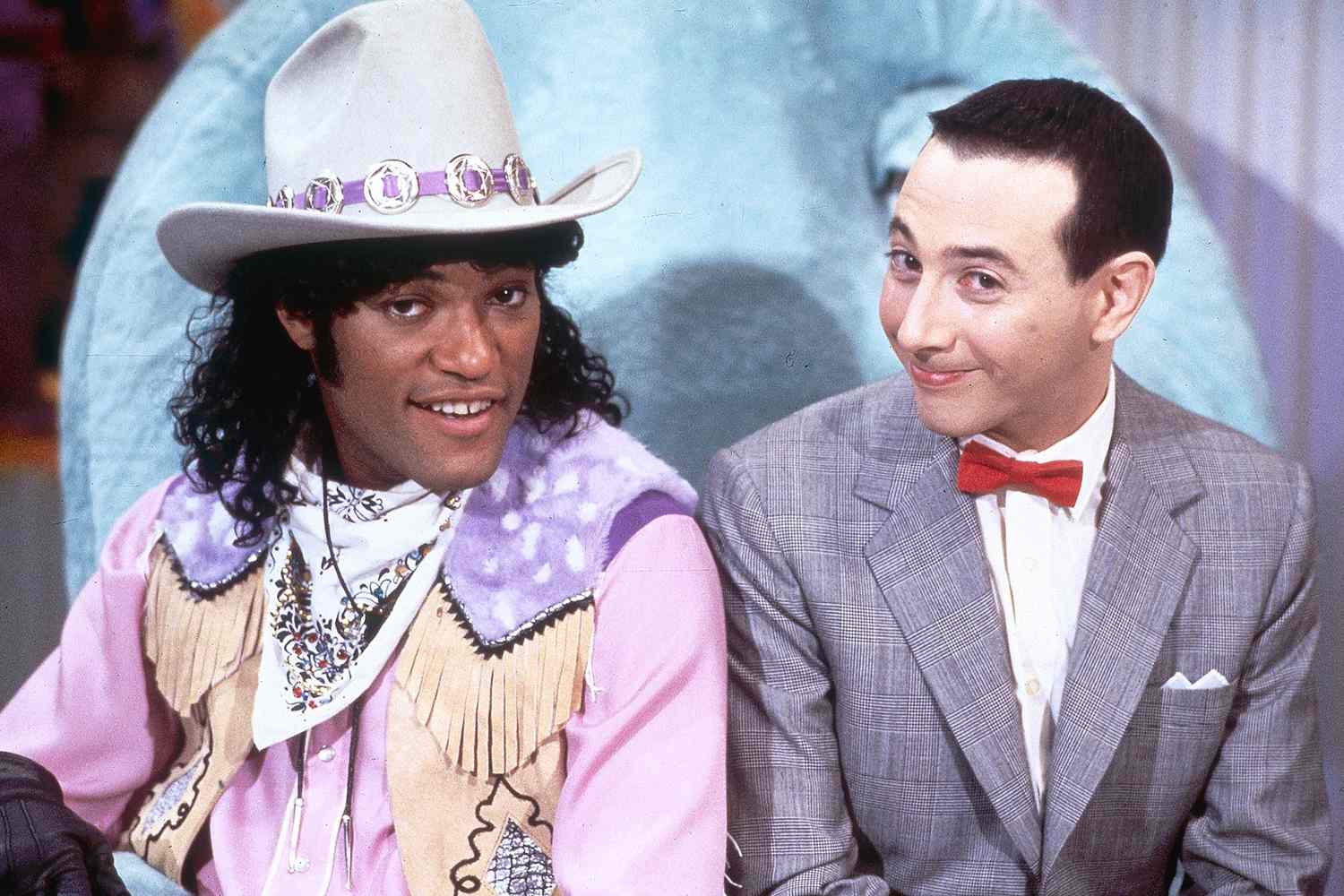
One of the pleasures of gay culture was, and is, being able to pick up on a joke, a phrase or a line that makes sense — that’s funny — only if you happen to be “that way.” I can’t tell you the strange, delicious frisson I experienced when I first heard the phrase “friend of Dorothy,” which refers to the gay obsession with The Wizard of Oz.
I remember, as well, a night when I’d first moved to Manhattan and went to a cabaret show (gay signifier No. 1) of trunk songs (which is what you call numbers cut from musicals — gay signifier No. 2). The singer brought down the house with the line: “As Benay Venuta used to say….” Who was this Benay Venuta? Ethel Merman’s understudy (gay signifier No. 3). That night, for me, was the motherlode of signifiers. I’m glad I’ve written all that out — I can use it in my memoir.
This is all just a roundabout way of saying that Playhouse was, in a sense, music to my ears — a dog whistle that snapped me to attention. I can’t think of another show that ever appealed to me quite the same way. (I’d been less crazy about Pee-wee’s Big Adventure, Reubens’ hit 1985 film. Maybe because I was afraid of Large Marge.)
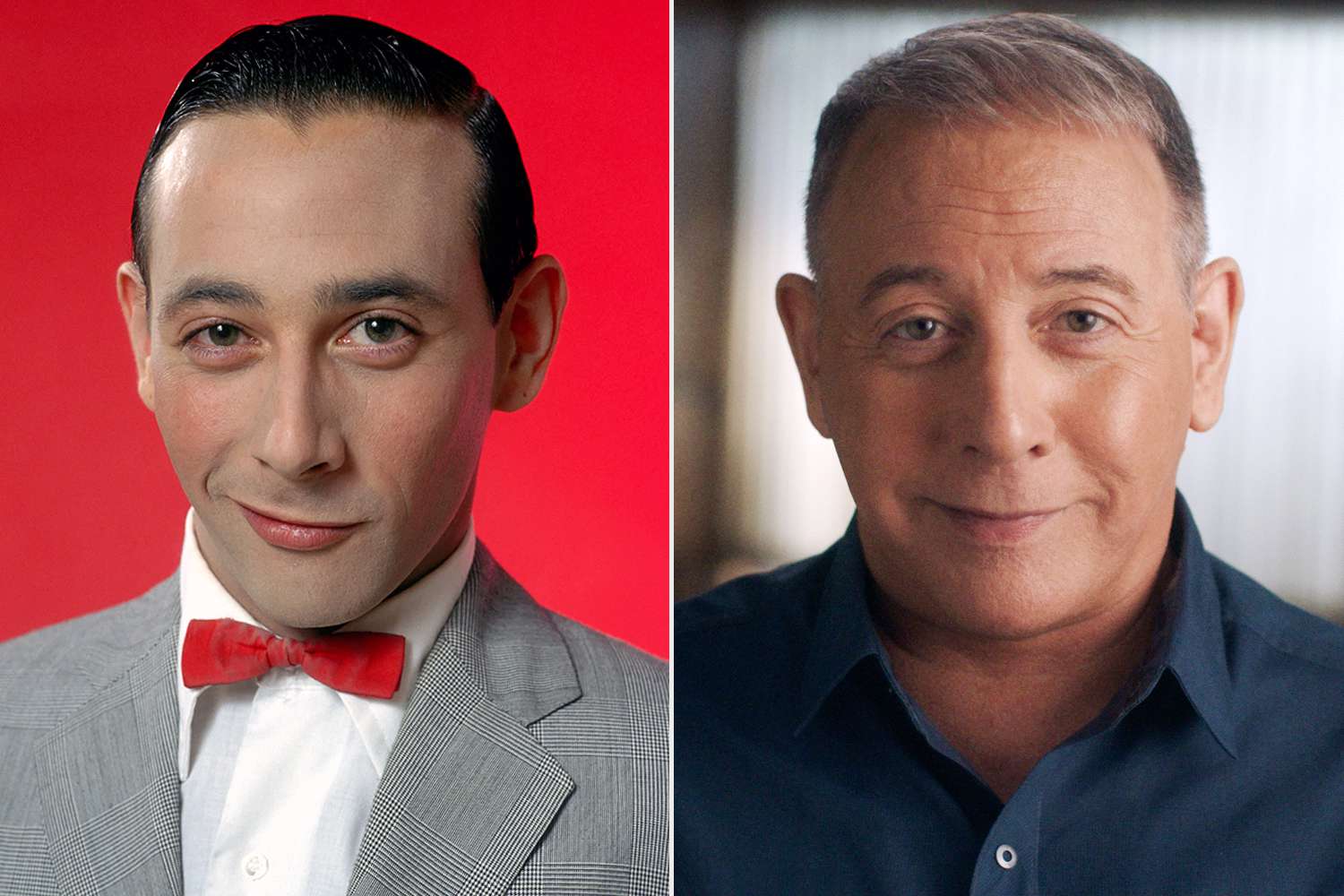
But Playhouse also had an unexpected therapeutic effect, I think — it does even now, judging from my emotions when I watch old clips.
In the documentary, Reubens emphasizes how Playhouse was designed to make you feel better, more accepting of yourself, about being different. By the time the show premiered, as I’ve said, I was grown up and knew I was different, and in precisely which way. At that point I didn’t need Pee-wee’s Playhouse for validation. I’d already begun seeing the therapists who would help me as I navigated my way, not always steadily, out onto the open seas of adulthood. (Cliché much, friend?) Instead, what Pee-wee’s Playhouse felt like was a retro fantasy of a happy childhood — a fantasy of what it might have felt like to have been validated, as a boy, for being different.
Pee-wee, after all, lived in a safe, happy, colorful world where everyone liked everyone else for who they were, no more, no less. Pee–wee might cause a raised eyebrow or two in Puppet Land. (In the documentary, actress S. Epatha Merkerson observes that her character, Reba the Mail Lady, was the only person who didn’t quite “get” Pee-wee.) But he wasn’t bullied or ridiculed or harassed.
Well, wouldn’t that have been nice? I remember any given day of my childhood as having two basic arcs: In the morning I braced myself for whatever humiliations might come my way when I got to school. Then, in the afternoon, I returned home, unable to talk to my parents about any unpleasantness that might have occurred — and wondering (a thought that greatly troubled me) whether I was possibly a source of embarrassment or shame to them, to my family. (The Andrew Scott-Paul Mescal film, All of Us Strangers, includes an extraordinary scene that dramatizes this predicament.)
There’s an Emily Dickinson stanza that sums it all up:
I knew not but the next
Would be my final inch, —
This gave me that precarious gait
Some call experience.
But enough of that. In Pee-wee’s world, nothing was precarious. (Fame was another matter.) Reubens, in a sense, imagined a happy childhood for me. I suppose it sounds treacly (in fact, it is treacly), but the Playhouse can be found in the same vicinity as the place Judy Garland sang about. You could say I’m a Friend of Pee-wee’s.
Pee-wee as Himself is streaming on Max.
Source: People
HiCelebNews online magazine publishes interesting content every day in the celebrity section of the entertainment category. Follow us to read the latest news.
Related Posts
- Inside IMG’s Huge Sports Production Weekend: From English, U.S., Saudi Soccer to Basketball and F1
- Margaret Qualley in 'Honey Don't!'
Karen Kuehn/Focus Features
Shar…
- The Nine-Minute Bromance Video That Launched a $6 Billion AI Mystery
- This Week in Sean “Diddy” Combs’ Trial: Freezer Meat, DNA Evidence and Kompromat
- Dad Takes Matters Into His Own Hands After Noticing Daughter's School Needed Repairs (Exclusive)





